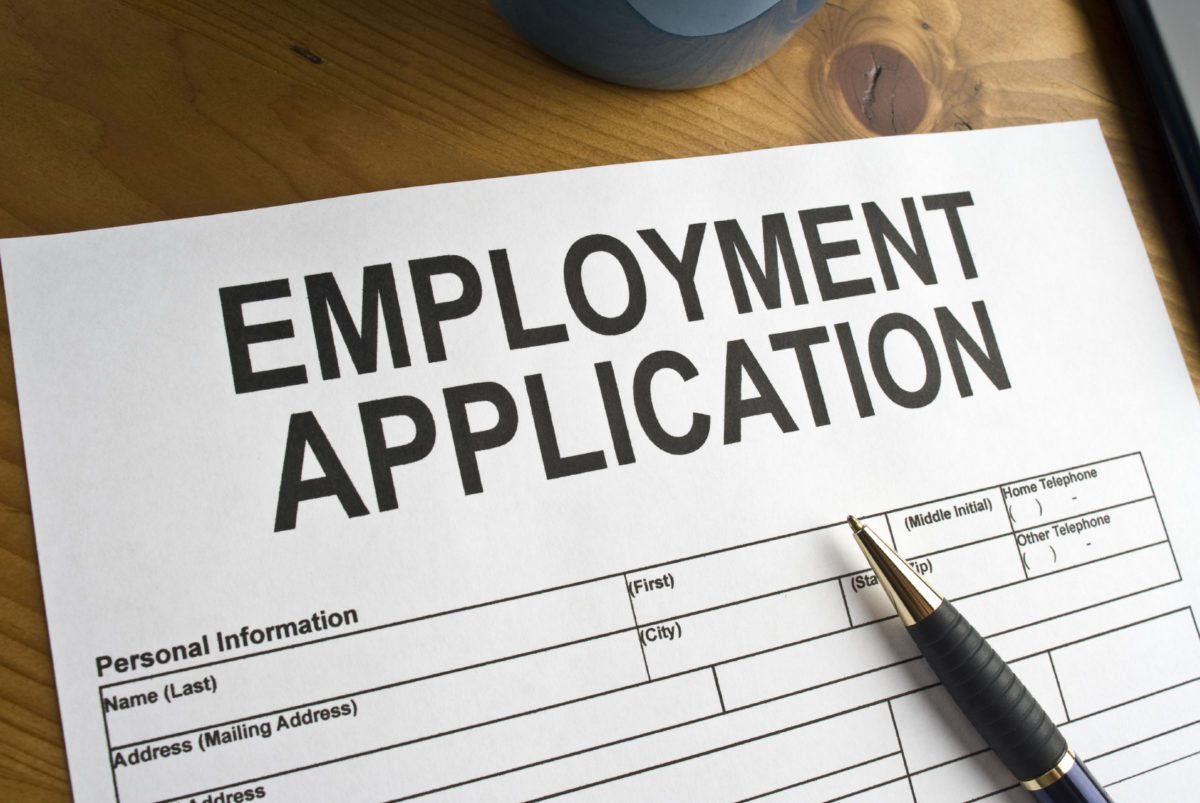Question: “What should I say to people who I don’t want to interview? Just ignore them. Send them a nice response? Can I get in any trouble if I say the wrong thing?”
Recruiting and hiring the right employees is likely high on your list of priorities. Making the right hiring decision the first time provides long-lasting benefits to your organization.
Communicating with job applicants and keeping them informed of their status, relative to your search, is a key step in managing a successful recruitment cycle. When considering if or how to communicate with job applicants, keep in mind that how you treat job candidates may be seen as a reflection of how you treat your customers. In this age of online (and anonymous) company reviews, it is important to treat everyone who is in communication with your company respectfully, and keep job candidates informed.
Best Practice
Everyone that responds to a job posting with your company should be contacted during the appropriate phase of recruitment to inform them of their status. In order to address the question, I’ll provide a couple of common scenarios to address today’s question.
Scenario 1
An applicant applies and has not contacted you to find out if they will have an interview.
Candidates who submit an application and are not selected to interview should be provided with an email or letter to update them as to their status. Here is a sample communication that you can tailor to meet your needs:
~ ~ ~ ~ ~ ~
Dear [Candidate’s Name],
Thank you for taking time to apply for our open [JOB TITLE] position. Competition for jobs is always strong, and it was tough to select the group to invite for interviews. Unfortunately, you were not selected for further consideration for this position.
Thank you for your interest in joining the [COMPANY NAME] team. Please feel free to apply for other open positions in the future. Best of luck with your job search.
Respectfully,
[Name of Hiring Manager]
[Job Title]
~ ~ ~ ~ ~ ~
Scenario 2
An applicant contacts you and asks about their status; and/or wants to know why they have not been selected for an interview.
When a job applicant reaches out to discuss their candidacy and wants to know why they were not selected for an interview this can put you in an uncomfortable situation. However, in this pre-interview, screening phase, it is fairly easy and rather common to provide specific feedback to candidates who request it.
Most often, candidates who are not selected for an interview do not meet the basic job qualifications or possesses skills outlined in the selection criteria (for example, years of experience, specific required skills, education, certification or training requirement). If this is the case, you can let the applicant know the main reason why they were “screened out” and invite them to apply for open positions again in the future. However, if they met all of the basic requirements of the job and were still not selected, it may be best to stay quiet on the issue and not provide specific feedback. Applicants who met the basic requirements may not understand the underlying reasons that they were not selected for an interview; for example an equally qualified candidate who was asked to interview was referred by one of your current employees.
Also consider that in order to simplify the process and to reduce potential liability, it is ok to adopt a “no information provided” policy. In this case, regardless of the reason an applicant is not selected, they would be provided with a polite general statement, such as, “It is our company’s policy that we do not provide specific or detailed feedback to job applicants who are not selected for an interview. However, we encourage you to apply again in the future with our company as you see fit. We wish you the best in your job search.”
BONUS
To notify candidates who have interviewed for an open position, but were not selected, you can consider using the following phone script to inform them of their status:
Hello, [Candidate’s Name]. This is [YOUR NAME] from [COMPANY NAME]. I’m calling today to thank you again for your interest in the [JOB TITLE] position. We appreciate the time that you’ve spent with us during this recruitment process. I’m calling today to let you know that you were not selected for the position. We were impressed with your background and wish you the best in the future.”
Compliance Note
Note that there are federal, state and sometimes local non-discrimination laws that must be considered when managing the recruitment and hiring process. For example, federally, if your company employs more than 15 people, employers are never permitted to make hiring decisions based on a candidate’s: race and color, as well as national origin, sex, religion or disability status.
What’s Next
As you navigate the recruitment and hiring process, you will find a communication style that is right for you and your company. We reviewed just a few important considerations when managing the recruitment communication process, specifically what to say when a candidate is not selected for an open position. We hope you contact us if you have additional or specific questions that we can address!
– – – – – – – – –
About the author: Niki Ramirez is a seasoned professional consultant, speaker and coach with a knack for engaging business leaders. She is the Founder & Managing Partner at HRAnswers.org. Niki has a successful track record partnering with a wide variety of businesses to analyze human resources and business operations with the objective of collaborating to design cost-effective training, employee relations programs, develop employment policies.
Maybe most importantly, Niki is the proud momma to three strikingly gorgeous, intelligent, fun-loving kids. She volunteers for organizations that support education access for children, as well as foster care support organizations. She loves to garden, play with her dogs, horseback ride and get outside to hike and explore the world every spare minute that she has.





